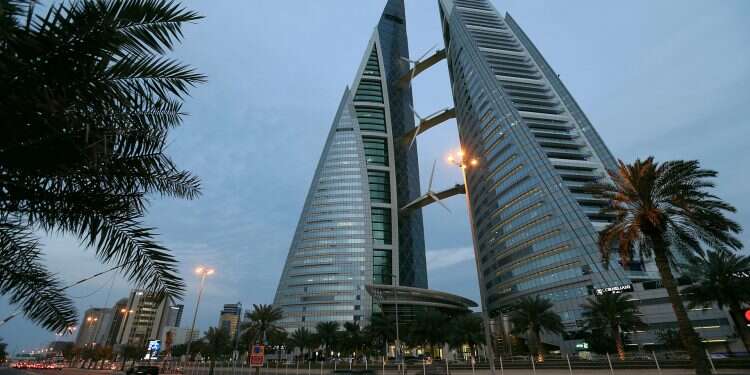Palestinians poured scorn on a $50 billion economic formula launched by the Trump administration for Israeli-Palestinian peace as the United States sought on Wednesday to win support for the plan as a foundation to ending the decades-old conflict.
US President Donald Trump's senior adviser and son-in-law Jared Kushner opened an international meeting in Bahrain on Tuesday evening by urging Palestinians, whose leadership is boycotting the event, to think outside the "traditional box" for an economic pathway that he said was a precondition to peace.
Neither the Israeli nor Palestinian governments are attending the event, which the Palestinians and many other Arabs dismiss as pointless and view it as without a political solution. Israeli Prime Minister Benjamin Netanyahu said Israel was open to the proposal.
Follow Israel Hayom on Facebook and Twitter
"The Manama workshop is quite disingenuous. It is totally divorced from reality. The elephant in the room is the (Israeli) occupation itself," senior Palestine Liberation Organization official Hanan Ashrawi told a news conference in the West Bank city of Ramallah on Wednesday.
Several thousand Palestinians demonstrated in the Gaza Strip and burned posters of Trump and Netanyahu. "No to the conference of treason, no to the conference of shame" read one banner.
A senior member of the terrorist group Hamas, Ismail Haniyeh, criticized the plan as "attempted ruses and word-play at the expense of the historical and extant rights of the Palestinian people."
"This money must not come at the expense on our enduring rights, or at the expense of Jerusalem or the right of return or at the expense of sovereignty and resistance."
US allies Saudi Arabia and the United Arab Emirates discreetly supported the plan, but several Arab states stayed away while others including Jordan and Egypt – the two Arab nations that have reached peace with Israel – sent deputy ministers to the event.
The foreign minister of Bahrain, where the US Navy's Fifth Fleet is based, said the Kushner plan was an "opportunity not to be missed."
He reiterated the need for a two-state solution, which has underpinned every peace plan for decades, but Trump's team has consistently refused to commit to it.
"I think if we take this matter seriously it could be a very important game-changer," Sheikh Khalid bin Ahmed Al Khalifa told Israeli public broadcaster Kan, in English.
The event is taking placed amid high tensions between Tehran on the one hand and Washington and its Gulf allies on the other.
Washington hopes wealthy Gulf states will bankroll the plan, which expects donor nations and investors to contribute $50 billion to Palestinian and neighboring Arab state economies.
Saudi Minister of State Mohammed Al-Sheikh told a panel that Kushner's plan was bolstered by the inclusion of the private sector as a similar proposal, which relied heavily on state funding, had been attempted during the interim peace deals of the 1990s that eventually collapsed.




